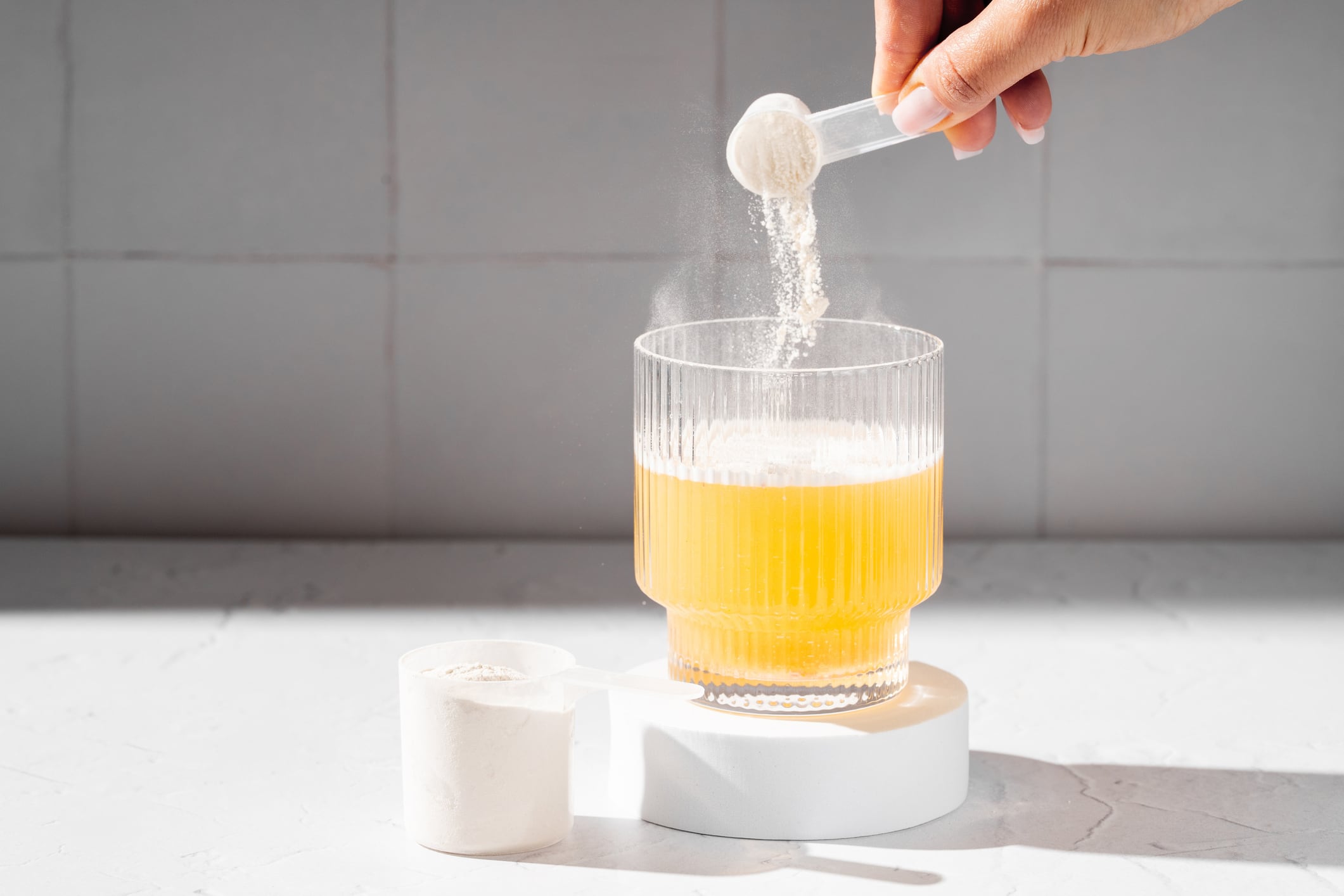ACI now acts as “commercial gateway” for Dolcas by distributing the marine collagen tripeptide in the UK, supplying samples, clinical data and formulation support to food, beverage and supplement brands and co-packers.
As Sam Lubbock-Smith, business development manager at ACI Group, told NutraIngredients, the company expects specific consumer segments to drive demand for Morikol in the UK.
“We are targeting three priority segments, particularly around products where low-dose, science-driven actives have been shown to perform particularly well,” Lubbock-Smith said.
He explained that Morikol is well-positioned for consumers seeking measurable wrinkle reduction, hydration and elasticity improvements but who prefer low-volume formats such as capsules, gummies and ready-to-drink beverages.
It will also be positioned for the active aging population concerned with joint health, particularly those seeking mobility benefits without having to ingest large amounts of powdered supplements.
Finally, it will appeal to those looking for functional-food solutions like fortified snacks, chocolates and beverage formats.
Lubbock-Smith said that as the global collagen market accelerates toward $8 billion, Morikol aims to differentiate itself from both high-dose collagens and other next-gen bioactives.
Morikol research
Past research showed that 12 weeks of 1 g/day of Morikol improved skin hydration and elasticity within six weeks, in comparison to placebo. Furthermore, a 10-week study addressing mild joint discomfort using 2 g/day reported benefits including improved flexibility, reduced stiffness and better joint mobility vs. control.
Mechanistically, Morikol’s activity is attributed to its high content of low-molecular-weight collagen tripeptides (notably glycine–proline–hydroxyproline), which are rapidly absorbed and reach peripheral tissues intact or as di-/tri-peptides.
Lubbock-Smith explained that it stimulates dermal fibroblasts. The Gly-Pro-Hyp and related di/tri-peptides act as signalling molecules that up-regulate fibroblast activity and the expression of collagen-producing genes, promoting new collagen matrix formation.
These peptides can enhance the expression of hyaluronic acid (HA) synthase enzymes in skin cells, increasing HA production and improving hydration and viscoelasticity.
By improving keratinocyte metabolism and lipid synthesis pathways, the peptide signaling also indirectly supports ceramide biosynthesis and skin barrier integrity.
Communicating benefits
In order to communicate to UK consumers and brands about the advantages of low-dose collagen, ACI will position Morikol as a precision-engineered bioactive and plans to implement a multi-pronged education approach, Lubbock-Smith said.
He noted that this included providing samples and full clinical data to formulators, as well as offering guidance for the formulation of capsules, gummies, RTDs, bars and chocolate concepts. DolCas will also showcase its fortified chocolate and RTD concepts.
“Compared with other next-gen actives like peptide blends or collagen peptides with added actives, Morikol’s USP is that it combines a clean-label marine source and third-party certifications and is halal/kosher, Prop 65 compliant, non-GMO and heavy-metal tested,” Lubbock-Smith said.
“Morikol’s clear clinical dossier supports low-dose claims, making it extremely attractive to brands by addressing both formulation constraints and consumer desire for clinically proven, convenient products.”
Collagen opportunities
Collagen has rapidly become a cornerstone of the health and wellness industry, and to maintain a premium position, ingredient suppliers must specialize and differentiate, according to Elizabeth Thundow, vice president of management consulting at market research company Kline & Co.
In a recent presentation, Thundow explained that collagen peptides were the original catalyst for the ingredient’s popularity in beauty, joint health and sports nutrition.
Collagen peptides are long collagen molecules cut into smaller chains for enhanced bioavailability and absorption and remain the most dominant form of collagen on the market. Thundow said that although they were initially described as ‘generic’, premium suppliers are now specializing in peptides for specific health indications.
“They remain the largest category in the market and are the volume driver,” she said.
The market’s explosive growth is underpinned by several factors, including targeted health benefits and strong alignment with key market trends such as longevity, an aging society, health-conscious consumers, a strong scientific evidence base and format versatility like both ingestible and topical applications.
Thundow said that ingredient suppliers can seize the opportunity in the market by maintaining a premium position through specialization—offering differentiated, high-quality, science-backed ingredients with specific health claims—and moving away from generic collagen positioning.





